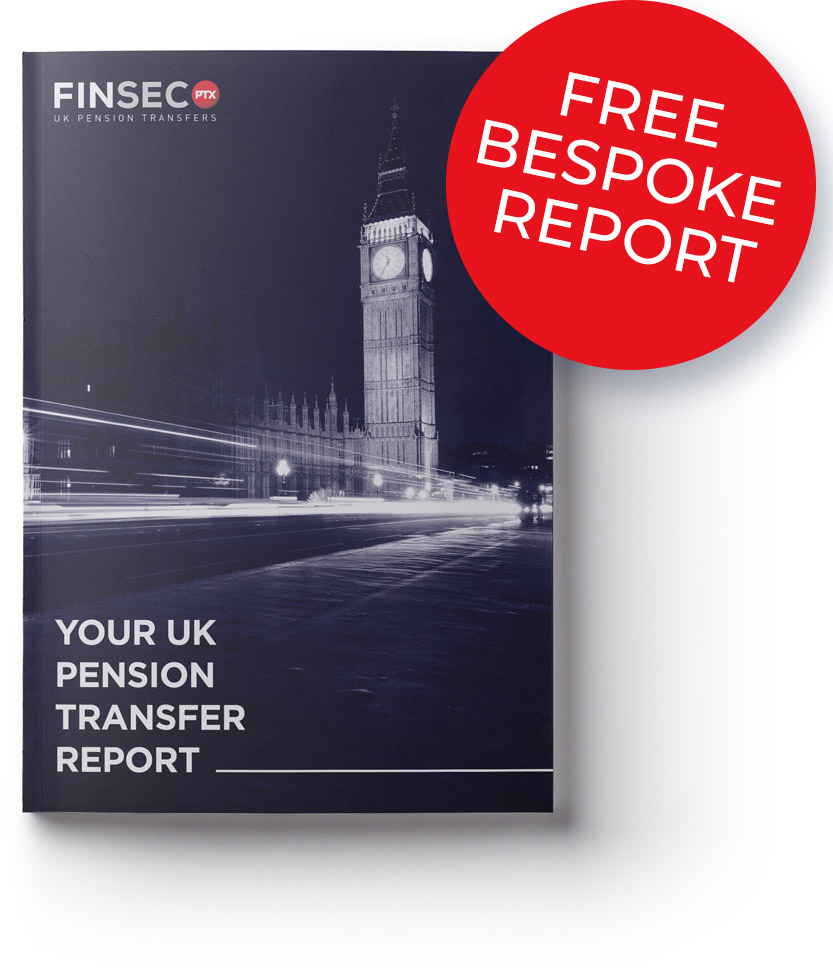Importance of UK Regulated Advice
UK advice is required for all Defined Benefit transfers over £30K or where there is a guaranteed annuity rate.
When obtaining advice, it is important to understand that the overseas pension transfer market attracts all types of advisers. Some are regulated in locations with strong regulatory oversight (where qualifications and expertise are essential), but many are based in countries where regulation is light or non-existent. The quality and cost of advice, as well as client protection, varies markedly.

THE LEGISLATION
In 2015 the UK Government introduced legislation, ruling that all advice on transfers with “Safeguarded Benefits” over £30,000, must be provided by FCA Regulated Firms.
This includes all Defined Benefit Schemes.
Impact of the legislation
For non-UK residents, unfortunately, the legislation has not had the full impact the FCA intended, as some advisers, especially many that operate offshore, have looked at ways to get around it.
This includes:
- Getting FCA firms to provide an ‘Appropriate Pension Transfer Analysis’ (effectively a tick-the-box exercise).
Note: In properly assessing the suitability of a transfer, this analysis comprises only one small part of the overall process. - Some larger offshore firms have a small UK presence and are using this firm to ‘sign off’ that UK advice has been provided, in effect acting as a conduit for the overseas firm to give commission-based and unregulated investment advice. These firms tend not to be around long, but individuals often appear under a new company not long after.
BEHAVIOURS TO BE AWARE OF
In our experience, the companies finding these loopholes often display some similarities in behaviour which can result in very poor transfer outcomes. This includes:
